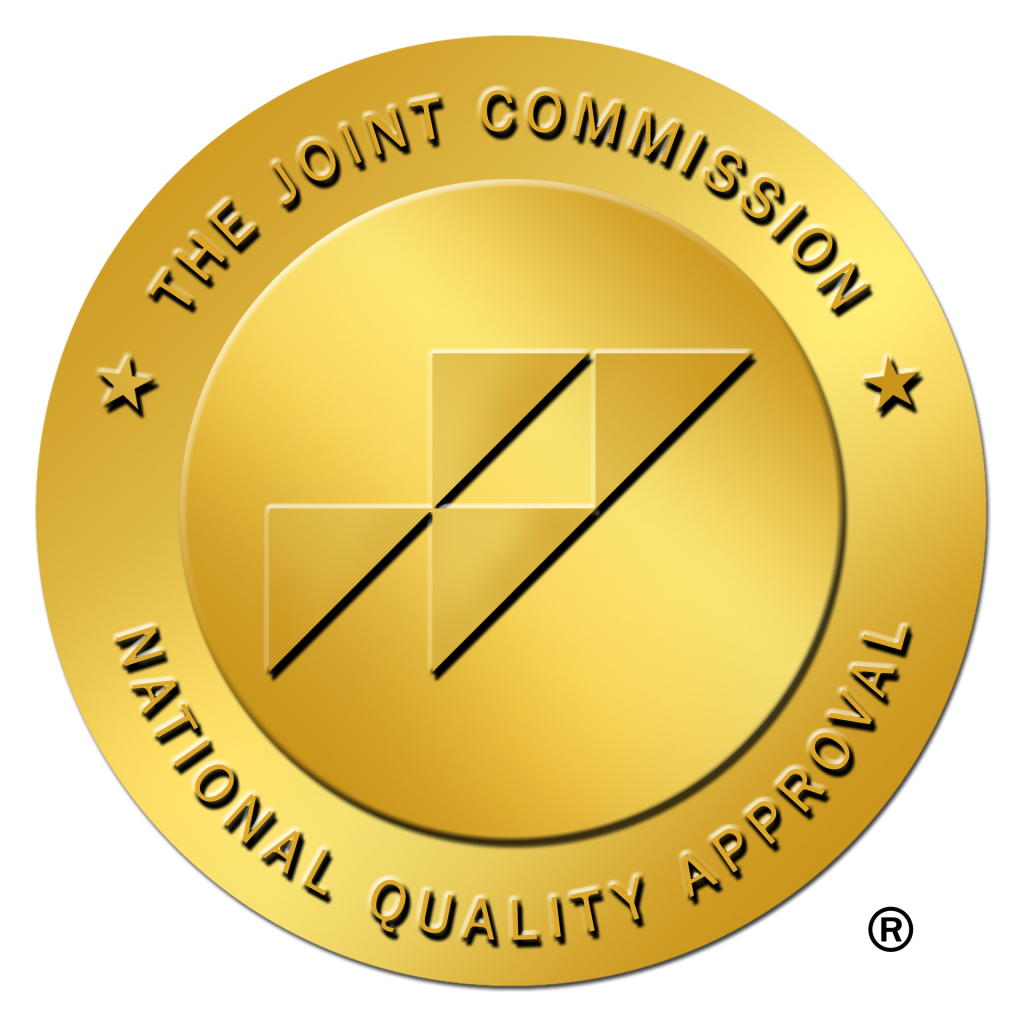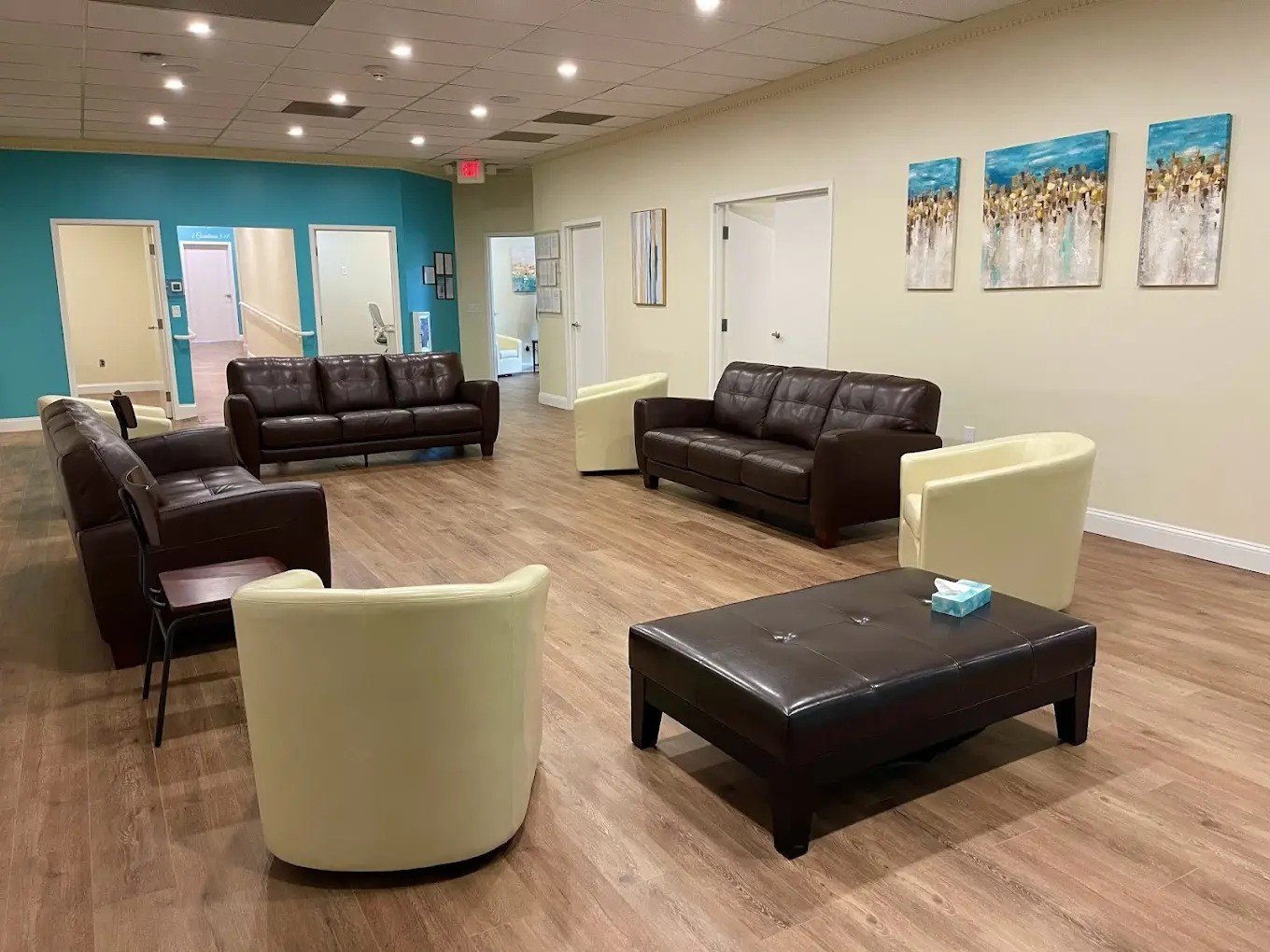Rehab Programs Near Me
Exploring Different Types of Rehab Programs
In the world of recovery, finding the right rehabilitation program is crucial for long-term sobriety. With a myriad of rehab options available, it’s essential to explore each type to understand what fits best for your personal journey. The term “rehab programs near me” often surfaces when individuals seek immediate support within their community.
One common form of rehabilitation is the outpatient program. These programs are ideal for those who need flexible treatment schedules while managing daily responsibilities. Outpatient programs can range from traditional therapy sessions to innovative offerings like animal-assisted therapy and veterans treatment. By integrating community resources, outpatient centers provide a supportive network for continued healing.
Partial Hospitalization Programs (PHP) and Intensive Outpatient Programs (IOP) serve as intermediate steps between inpatient and standard outpatient treatments. These programs offer structured care while allowing clients to return home in the evening. This blend of intensive support and personal freedom can be particularly beneficial for working professionals seeking rehab programs near me that accommodate their unique schedules.
Customized Treatment Plans
Each individual’s journey to recovery is unique, underscoring the importance of personalized treatment plans. At facilities like New Chapter Recovery, multidisciplinary clinical teams develop tailored plans that cater to the specific needs of each client. This bespoke approach considers both substance use disorders and co-occurring mental health conditions, providing a holistic recovery experience.
Personalized treatment often includes a blend of therapeutic modalities such as Cognitive Behavioral Therapy (CBT), Dialectical Behavior Therapy (DBT), and Acceptance and Commitment Therapy (ACT). These evidence-based practices focus on altering destructive thought patterns and fostering healthier coping mechanisms. By addressing the root causes of addiction, clients can achieve sustainable recovery.
Integrated Dual Diagnosis Approach
The presence of co-occurring mental health disorders in individuals battling addiction is more common than many realize. New Chapter Recovery’s integrated dual diagnosis model stands out as a significant advantage. This approach ensures that mental health conditions such as depression, anxiety, or trauma are treated concurrently with substance use disorders.
Dual diagnosis treatment requires a comprehensive strategy that encompasses medication management, individual and group therapy, as well as family support. This multi-pronged approach helps clients address the interconnected nature of their challenges, leading to more effective recovery outcomes. It’s vital to consider such comprehensive care when searching for rehab programs near me.
Flexible Scheduling for Working Professionals
For many individuals, balancing work commitments with recovery can be daunting. Facilities like New Chapter Recovery understand the necessity of flexible scheduling to ensure that career goals do not impede the path to sobriety. With tailored PHP and IOP sessions, clients can attend therapy during convenient time slots without compromising their professional responsibilities.
Flexible scheduling also includes evening sessions and weekend availability, allowing clients to manage their time effectively. This adaptability is particularly crucial in maintaining employment and personal responsibilities while engaging in a transformative rehab experience. Emphasizing flexibility makes rehab programs near me a viable option for busy professionals looking to prioritize their health.
Enhancing Recovery Through Family Support
Family plays a pivotal role in the recovery process, often acting as a source of motivation and encouragement. Incorporating family support in treatment is a core component at centers like New Chapter Recovery. By involving loved ones in therapy sessions and educational workshops, families gain insights into the complexities of addiction.
Family involvement not only enhances the support system but also improves communication and understanding among family members. Such involvement is instrumental in rebuilding trust and fostering a nurturing environment conducive to recovery. This familial connection is an essential consideration when evaluating “rehab programs near me.”
Specialty Tracks for Diverse Needs
Recognizing the uniqueness of each client’s journey, specialized tracks cater to diverse recovery needs at New Chapter Recovery. These tracks may include faith-based recovery, animal-assisted therapy, and veteran-specific programs. Tailoring treatment to reflect individual values and experiences can significantly enhance engagement and commitment to sobriety.
For instance, veterans may benefit from treatment tracks that acknowledge and address service-related challenges through group therapy and peer support. Meanwhile, individuals seeking spiritual solace might find faith-based programs more in tune with their recovery goals. The availability of these specialty tracks is a noteworthy consideration for anyone exploring rehab programs near me.
Importance of Relapse Prevention Strategies
Relapse prevention is a cornerstone of successful long-term recovery. At New Chapter Recovery, relapse prevention strategies are infused throughout the treatment process, equipping clients with practical tools and coping mechanisms to navigate real-world challenges. This proactive approach is essential in reducing the risk of relapse.
Techniques such as motivational interviewing and life skills workshops empower clients to build resilience and maintain focus on their recovery goals. By learning to identify triggers and develop effective coping strategies, clients are better prepared to handle potential setbacks. Structured relapse prevention is a critical factor to consider when selecting rehab programs near me.
Furthermore, relapse prevention extends beyond individual therapy, encompassing community reintegration and ongoing support networks. These elements provide a safety net for clients as they transition from treatment to everyday life, underscoring the importance of comprehensive care in the recovery journey.
Continuous Care and Community Integration
Recovery does not end with program completion; it is an ongoing journey that necessitates continuous care and community integration. New Chapter Recovery emphasizes coordinated aftercare planning to ensure clients have access to necessary resources post-treatment. This approach facilitates a smoother transition to independent living.
Community integration initiatives may include support groups, alumni activities, and volunteering opportunities that promote social connectivity and purpose. By fostering a sense of belonging, clients are more likely to sustain the progress achieved during treatment. This ongoing support is a significant aspect of choosing rehab programs near me.
Additionally, maintaining open communication with families and referral sources is critical in creating a supportive network. This transparency helps ensure that clients receive the encouragement needed to thrive in their recovery efforts continually.
Embracing Evidence-Based Therapies
The utilization of evidence-based therapies is fundamental to the treatment philosophy at New Chapter Recovery. These scientifically-backed approaches ensure that clients receive the most effective care available, tailored to their specific needs. Therapies such as CBT, DBT, and motivational interviewing are integral components of the recovery process.
By focusing on data-driven methods, clients can address underlying issues contributing to their substance use disorders, fostering sustainable change. The commitment to evidence-based practices enhances the treatment experience, making rehab programs near me a viable choice for those seeking comprehensive and effective recovery solutions.
Moreover, the integration of innovative therapies like animal-assisted therapy further enriches the therapeutic landscape. This diversity in treatment options ensures that every client has the opportunity to engage fully and benefit from the various healing modalities offered.
What are the different types of rehab programs offered at New Chapter Recovery?
New Chapter Recovery offers a range of rehab programs to suit various needs. These include the Partial Hospitalization Program (PHP), Intensive Outpatient Program (IOP), and Outpatient Program (OP). Each program is designed to provide flexible, evidence-based care tailored to individual circumstances. For those who require intensive support but wish to return home in the evenings, PHP is an excellent option, offering structured care while maintaining personal freedom. IOP is suited for those balancing work or school with their recovery, providing therapy sessions that fit around their schedules. The OP offers a step-down approach focusing on long-term relapse prevention, ideal for individuals transitioning from a more intensive care setting. These options ensure that there is a program that fits the specific requirements and lifestyle of each client. Have you considered which type of flexibility you might need in your treatment schedule?
Why are customized treatment plans critical in the recovery process?
Customized treatment plans are crucial because each individual’s journey to recovery is unique. At New Chapter Recovery, personalized care is crafted by multidisciplinary clinical teams to address both substance use disorders and co-occurring mental health conditions. Imagine trying to fit everyone into a single mold in recovery–it’s like expecting every student to learn at the same pace and in the same way. Tailored plans incorporate various therapeutic modalities, such as Cognitive Behavioral Therapy (CBT) and Acceptance and Commitment Therapy (ACT), to address specific needs and encourage sustainable recovery. This bespoke approach ensures treatment is relevant and effective, leading to better outcomes for clients. Have you ever experienced a situation where a personalized approach would have made a difference for you?
How does the integrated dual diagnosis approach work at New Chapter Recovery?
At New Chapter Recovery, the integrated dual diagnosis approach addresses both addiction and co-occurring mental health disorders simultaneously. This model recognizes that conditions like depression and anxiety often accompany substance use disorders, creating a complex web that requires comprehensive treatment. Through a combination of medication management, therapy, and family support, the center offers a multi-pronged strategy to tackle these interconnected challenges. For example, a client battling both alcohol dependency and PTSD might receive a blend of trauma-informed therapy and medication to manage symptoms effectively. This approach not only treats the surface issues but also delves into underlying factors, promoting long-term recovery. Have you noticed how addressing multiple issues concurrently can streamline solutions in other areas of life?
How does New Chapter Recovery accommodate working professionals in their treatment schedules?
New Chapter Recovery understands that balancing work commitments with recovery can be challenging. That’s why it offers flexible scheduling options designed for working professionals. With tailored PHP and IOP sessions available during evenings and weekends, clients can attend therapy without compromising their job responsibilities. Picture a busy professional navigating a demanding workweek–having the option to seek help outside standard working hours can make the difference between accessing care and postponing it. This flexibility ensures that career goals and recovery can coexist, allowing clients to prioritize their health without sacrificing their professional life. Have you ever had to juggle multiple priorities, and what strategies helped you manage them?
Why is family support important in the recovery journey?
Family support can significantly enhance the recovery journey by offering motivation, encouragement, and understanding. At New Chapter Recovery, family involvement is a core component of treatment. By including loved ones in therapy sessions and educational workshops, families gain insights into the complexities of addiction, which can improve communication and rebuild trust. Imagine the healing power of having a supportive family that understands what you’re going through–it’s like having a cheerleading team during a marathon. This nurturing environment not only reinforces the client’s support system but also helps create a conducive atmosphere for recovery. How has family support played a role in your life, whether in overcoming challenges or celebrating achievements?
What specialty tracks are available at New Chapter Recovery for diverse recovery needs?
Recognizing the diverse needs of clients, New Chapter Recovery offers specialty tracks that cater to various recovery journeys. These include faith-based recovery, animal-assisted therapy, and veteran-specific programs. Each track is designed to enhance engagement by addressing individual values and experiences. For instance, veterans may find support in programs focusing on service-related challenges, while individuals seeking spiritual fulfillment might prefer faith-based options. The inclusion of an animal-assisted therapy program adds a unique dimension, offering clients comfort and companionship during their recovery. Have you ever experienced an alternative approach that made a significant impact on your personal or professional life?
How do relapse prevention strategies contribute to long-term recovery success?
Relapse prevention is a crucial part of the recovery process, as it equips clients with tools to handle real-world challenges and reduce the risk of relapse. At New Chapter Recovery, these strategies are integrated throughout treatment, helping clients build resilience and maintain focus on their goals. Techniques such as motivational interviewing and life skills workshops empower individuals to identify triggers and develop effective coping strategies. It’s like preparing for a test by not only understanding the material but also learning how to manage exam stress. Additionally, these strategies extend into community reintegration, offering ongoing support beyond individual therapy. What kind of prevention tactics have you found effective in other areas of life?
Why is continuous care and community integration important after completing a rehab program?
Recovery doesn’t end once a rehab program is completed; it’s an ongoing journey that requires continuous care and community integration. New Chapter Recovery emphasizes coordinated aftercare planning to provide clients with necessary resources post-treatment. This includes support groups, alumni activities, and volunteering opportunities, all of which foster social connectivity and purpose. Imagine transitioning out of a structured environment without a support net–it could feel isolating and daunting. By maintaining open communication with families and referral sources, clients receive the encouragement needed for sustained recovery. How important do you think social networks are in maintaining motivation and direction in everyday life?
What role do evidence-based therapies play in the recovery process at New Chapter Recovery?
Evidence-based therapies form the backbone of New Chapter Recovery’s treatment philosophy. By utilizing scientifically-supported approaches like Cognitive Behavioral Therapy (CBT), Dialectical Behavior Therapy (DBT), and motivational interviewing, clients receive care that is both effective and tailored to their needs. Consider these therapies as the GPS for a recovery journey–they provide the direction and tools needed to navigate complex terrain. This dedication to evidence-based practices ensures underlying issues contributing to substance use disorders are addressed, facilitating sustainable change. Have you encountered a situation where data-driven decisions significantly improved outcomes?
Resources
- Substance Abuse and Mental Health Services Administration (SAMHSA) – SAMHSA is a government organization dedicated to reducing the impact of substance abuse and mental illness on America’s communities.
- National Alliance on Mental Illness (NAMI) – NAMI is a grassroots mental health organization that provides advocacy, education, support, and public awareness so that all individuals and families affected by mental illness can build better lives.
- American Psychiatric Association (APA) – The APA is a professional medical organization representing more than 38,000 psychiatric physicians worldwide, working to ensure humane care and effective treatment for all persons with mental disorders.
- MentalHealth.gov – MentalHealth.gov provides one-stop access to U.S. government mental health and mental health problems information.






